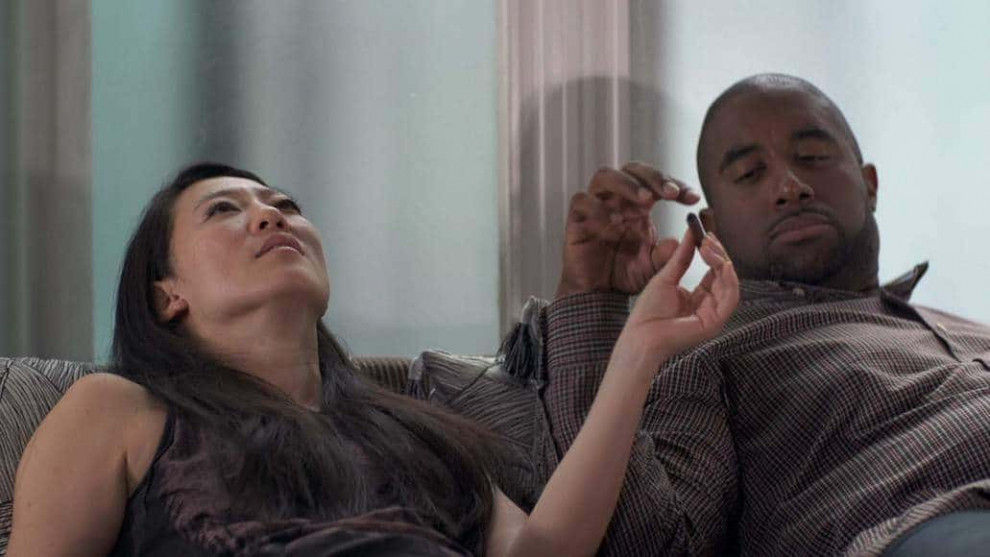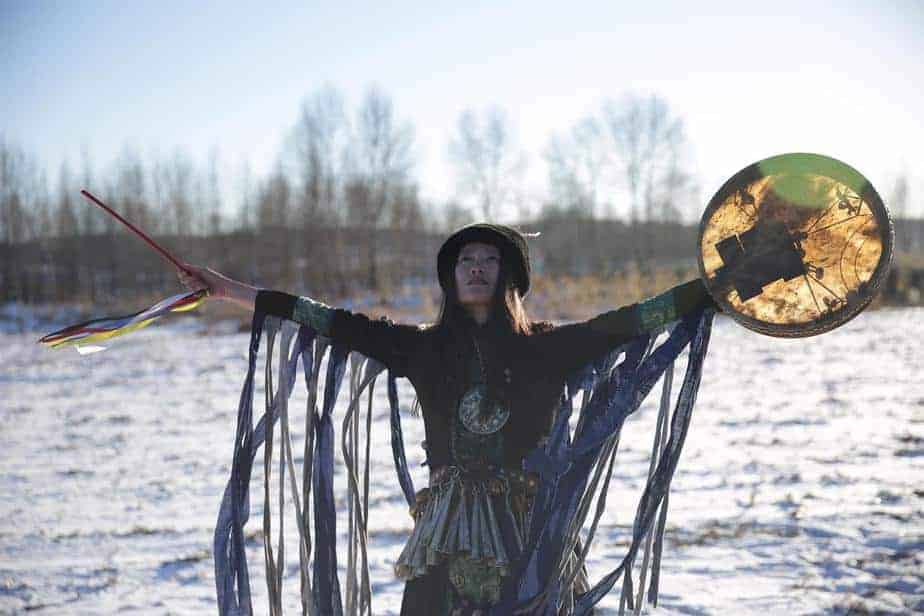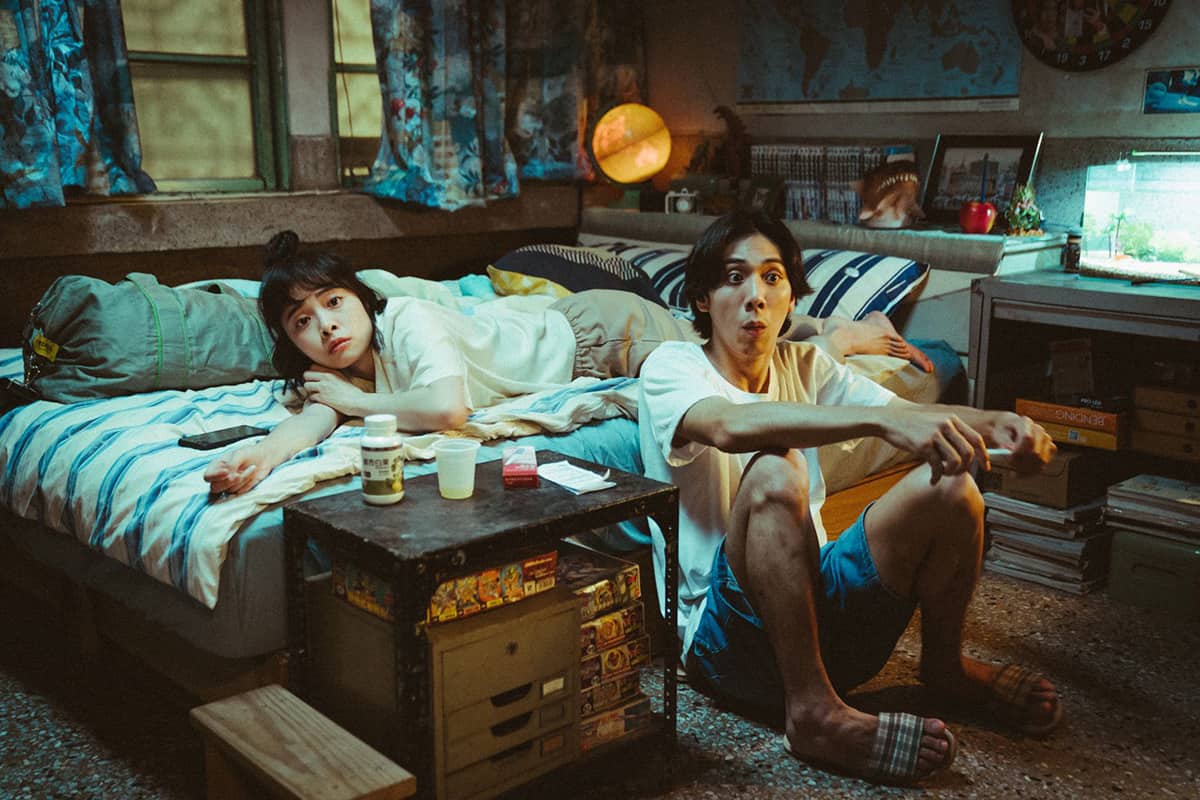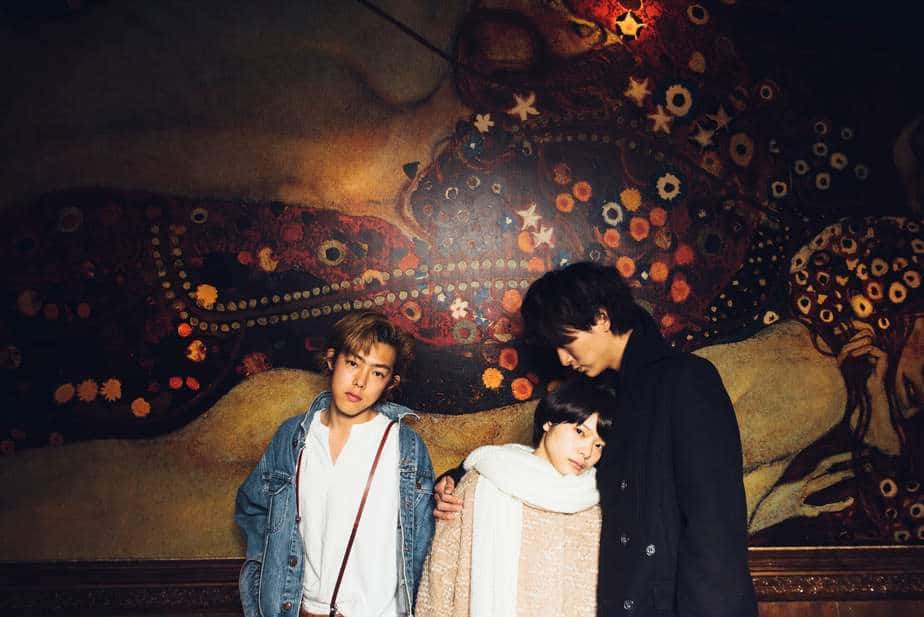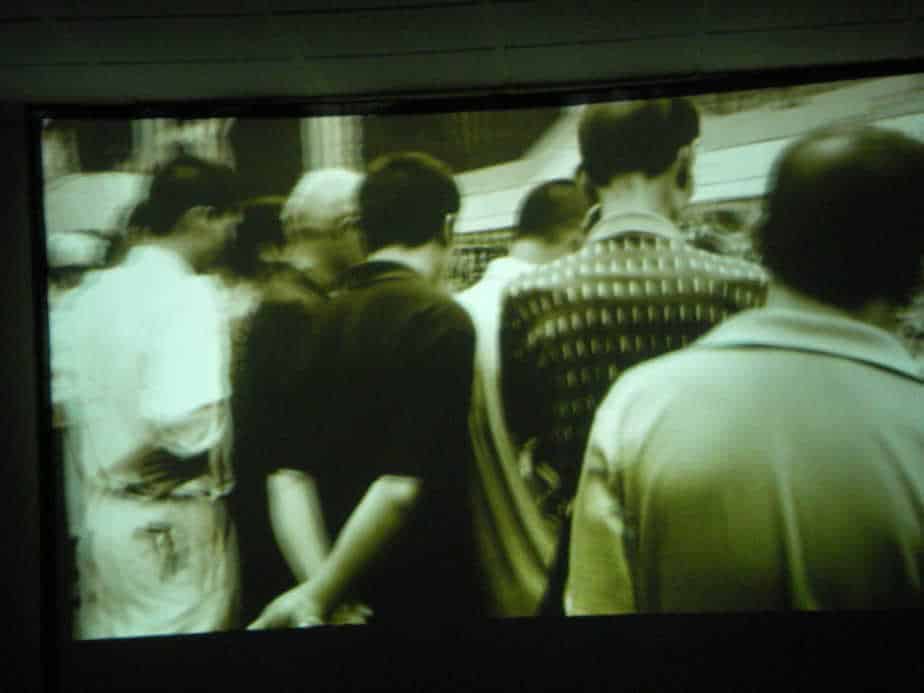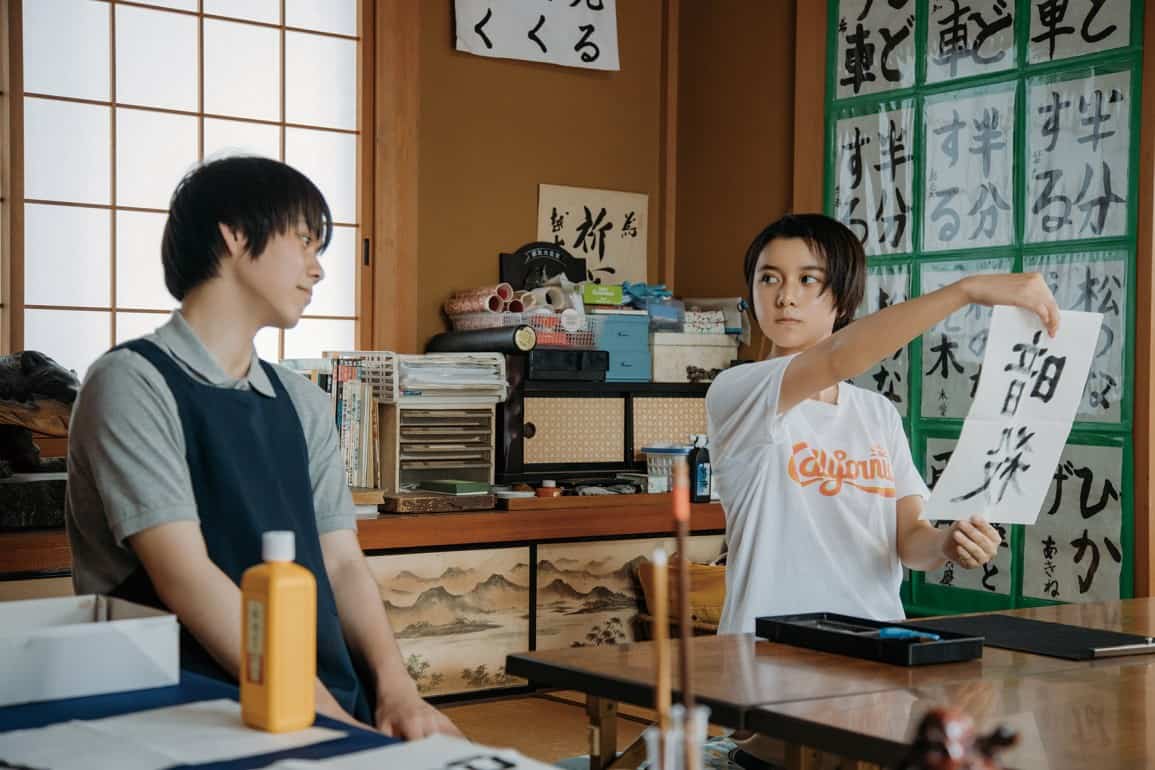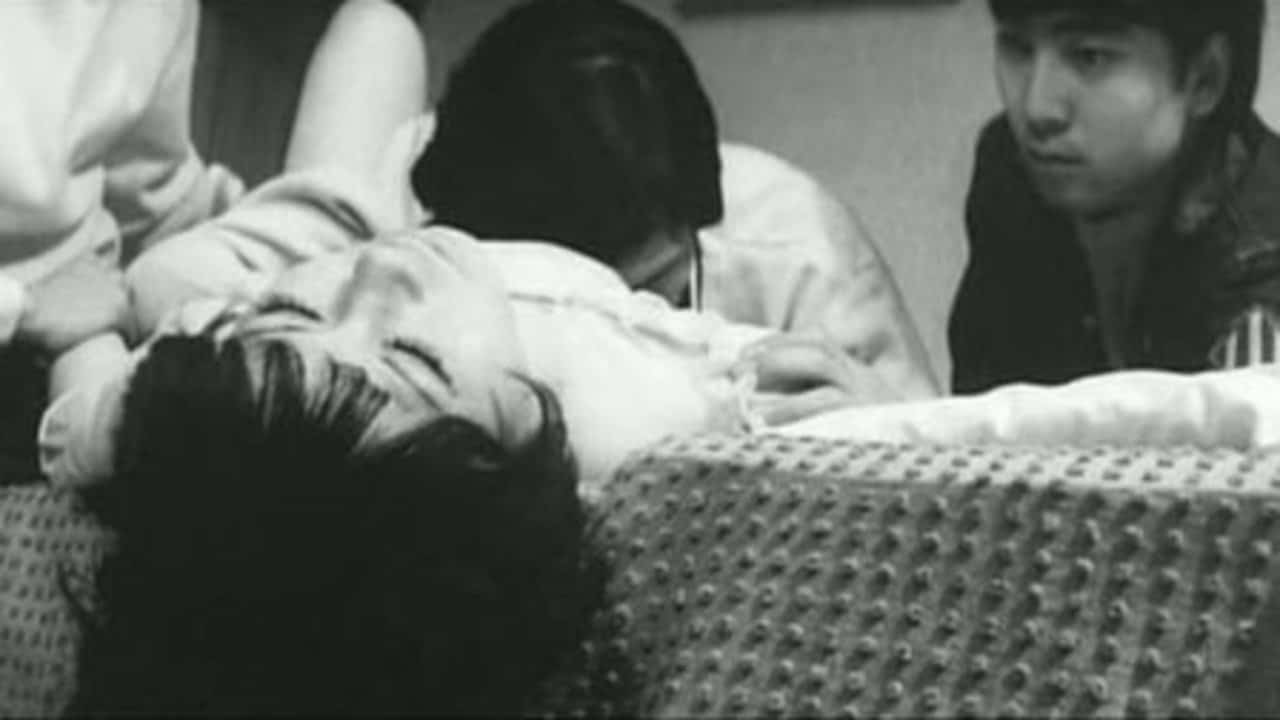With his feature film debut “Haebangchon”, the US-American director James Williams III took a different look at South Korean everyday life. His is a view that can be described in a certain way as both from the inside and the outside. The protagonists of his story, which deals with topics such as identity, origin and responsibility, are partly foreigners living in Korea. Foreigners rarely play such a differentiated role in Korean movies, since they often they are stylized as villains and criminals, while western foreigners even less often are visible in films of South Korean production.
“Haebangchon” is streaming on Filmdoo
This is the reason why “Haebangchon” is a movie that challenges the public's viewing habits and therefore is extraordinary on this level. Moreover, the director's fascination and affection for Korea is palpable. His film is a sort of homage to Korea and its film culture.
Sadly, the director wants too much at once with his script, which is why the story seems overloaded and erratic. Several narrative strands are constructed in parallel: On the one hand there is Q, a black man, who lives in Korea for a couple of years now, learns Taekwondo there and otherwise likes to party. Smoking hashish is one of his favourite pastime. He is a good-natured guy, a little bit sleepy and lacks drive, except when it comes to conquering women. On the other side there are the Koreans, who all largely belong to the local drug mafia. Through a chain of unfortunate circumstances, Q gets into a conflict with these drug lords.

Haebangchon, also abbreviated as HBC, is located in the old town of Seoul. The district, that gives the movie its name, is located near Itaewon, which is also known for the fact that most of the foreigners and expats living in Korea settle down here. The depiction of everyday life in this specific district of Seoul is the strongest and most interesting part of the film. People from different cultural backgrounds come together to celebrate. Many meet only once, others form long-term friendships. People speak English, drink, dance and smoke together. It seems as if a small island of carefreeness is being created here, a kind of neutral place where you can be as you like. Q once said that he can finally move freely here without having to fear being attacked at night.
The director thwarts this level by introducing a naive and therefore unnecessary crime story. The story's structure is based on a lot of already seen similar drug gang stories and doesn't offer anything new itself. In terms of visual language and cinematic aesthetics, the viewer has the feeling of watching a trash film from the 1980s. That doesn't have to be a bad thing in itself, but it doesn't work out here, as there is a lack of unity and a lack of rhythm. The movie was produced with a relative low budget of about 50.000 dollars, which apparently led to some savings in equipment and make-up, for example. The actors are badly made up. Their skin shows redness, it's greasy and sweat sticks to their faces without it being part of their role.
Thomas Maitland did the cinematography mainly using a hand camera principle. It is inexplicable how he could be satisfied with such a poor illumination of the picture. The same applies to the music, which sways from insignificant to bad, and the sound quality, which is also insufficient. Some things could have been corrected with a somewhat faster and bolder cut. But Michael Lindberg, who is responsible for the editing process, lacks a sense of rhythm. Technically, the film therefore has flaws at several points.

The acting of all the actors seems like that of laymen. Some of the actors make faces and exaggerate their roles. The coordination of the characters doesn't always fit either. For example, one of the mafia bosses has a daughter who looks the same age as he does. Partly the dialogues seem improvised. Unfortunately, they are all in all too simple and banal. The shots in the pubs and streets of Haebangchon give the movie a side worth seeing, as the viewer gets to know more about the character of the neighbourhood.
Apart from that, “Haebangchon” is an attempt to pick up the tradition of Korean suspense movies, but sadly falls far behind its models. Director James Williams III gave his movie the addition “Chapter 1” and thus apparently expressed the plan to offer a sequel. It would be recommendable, should this really come true, that he thinks about a more concentrated story with less characters and puts a little bit more care into the technical execution.


